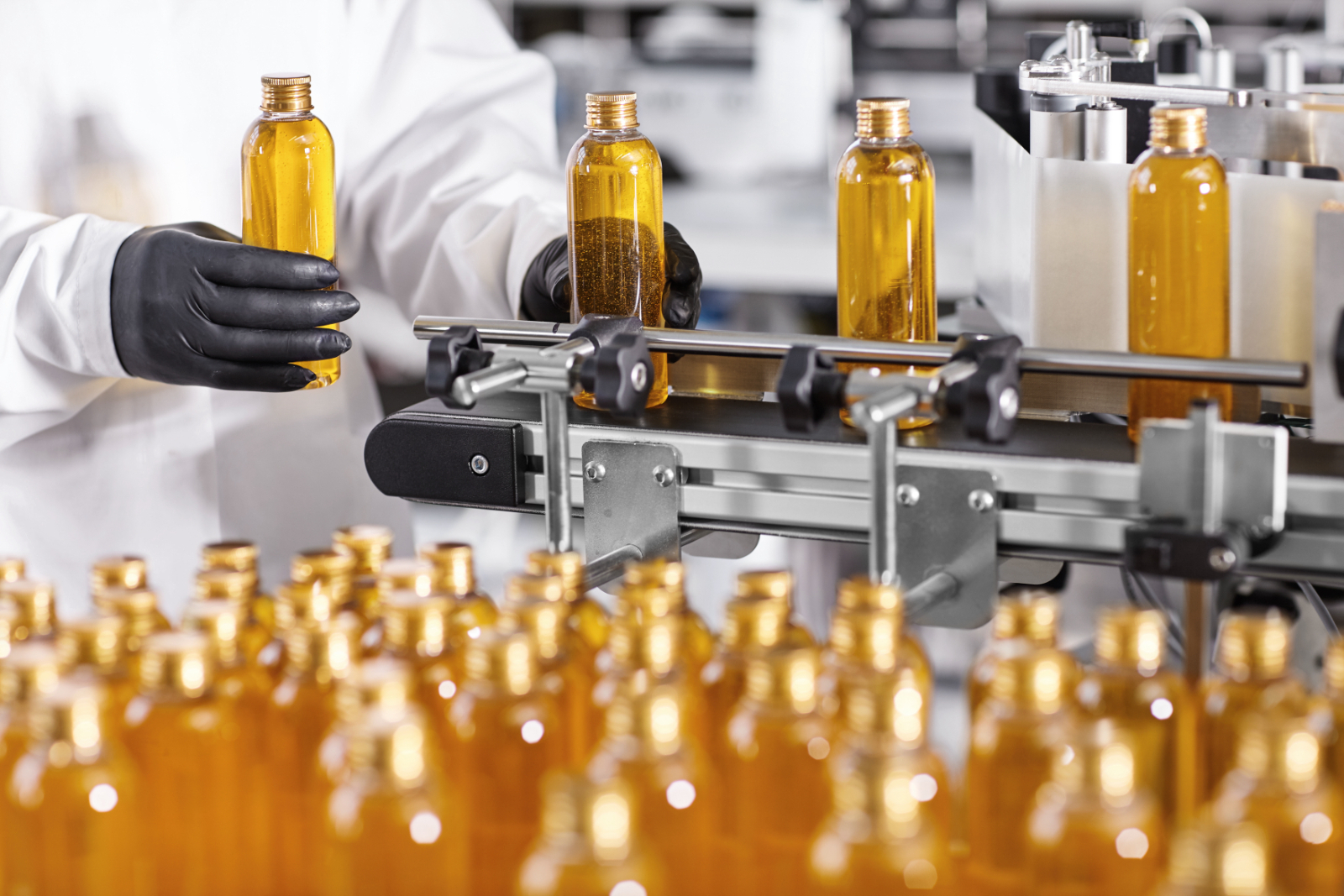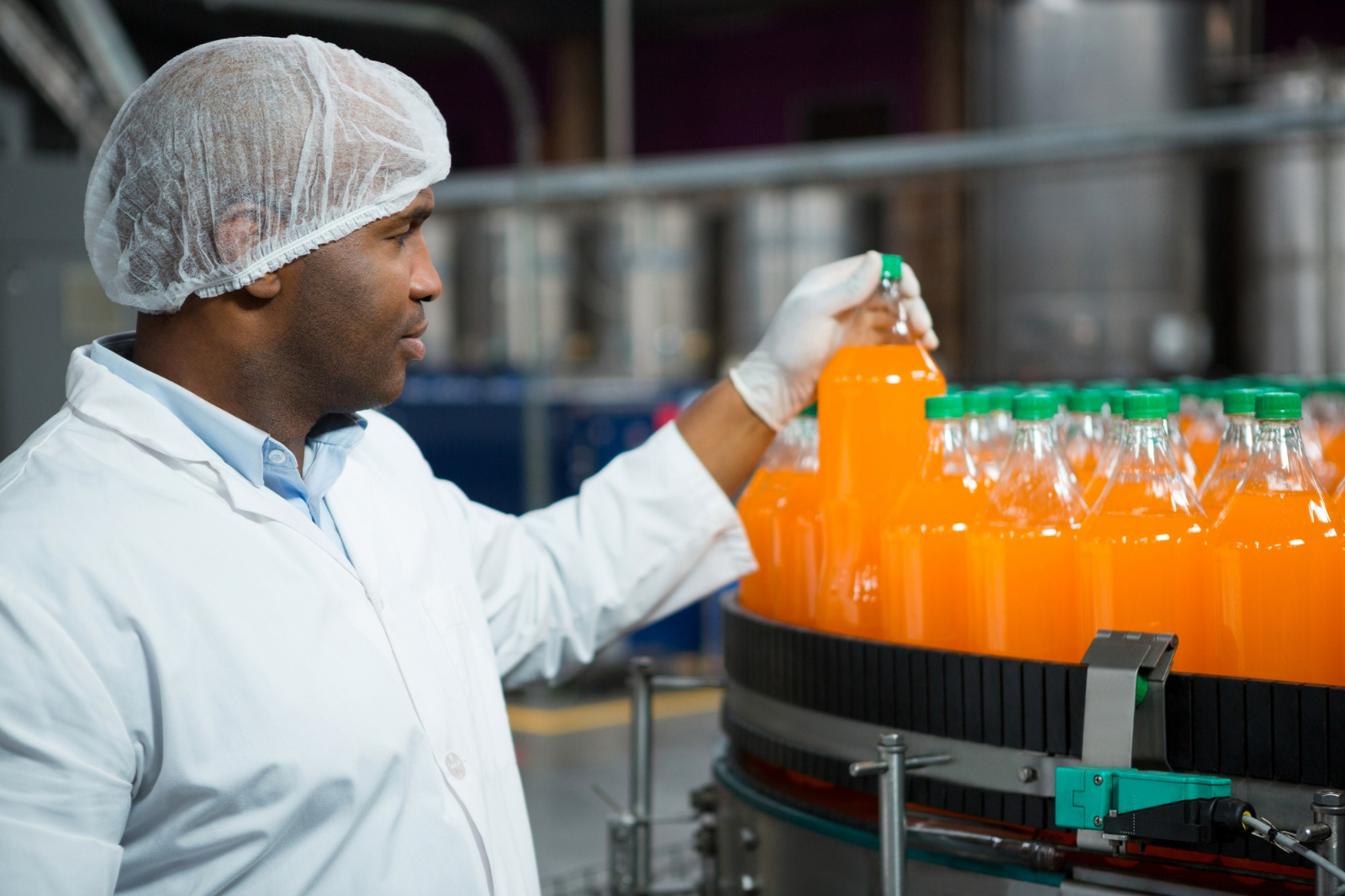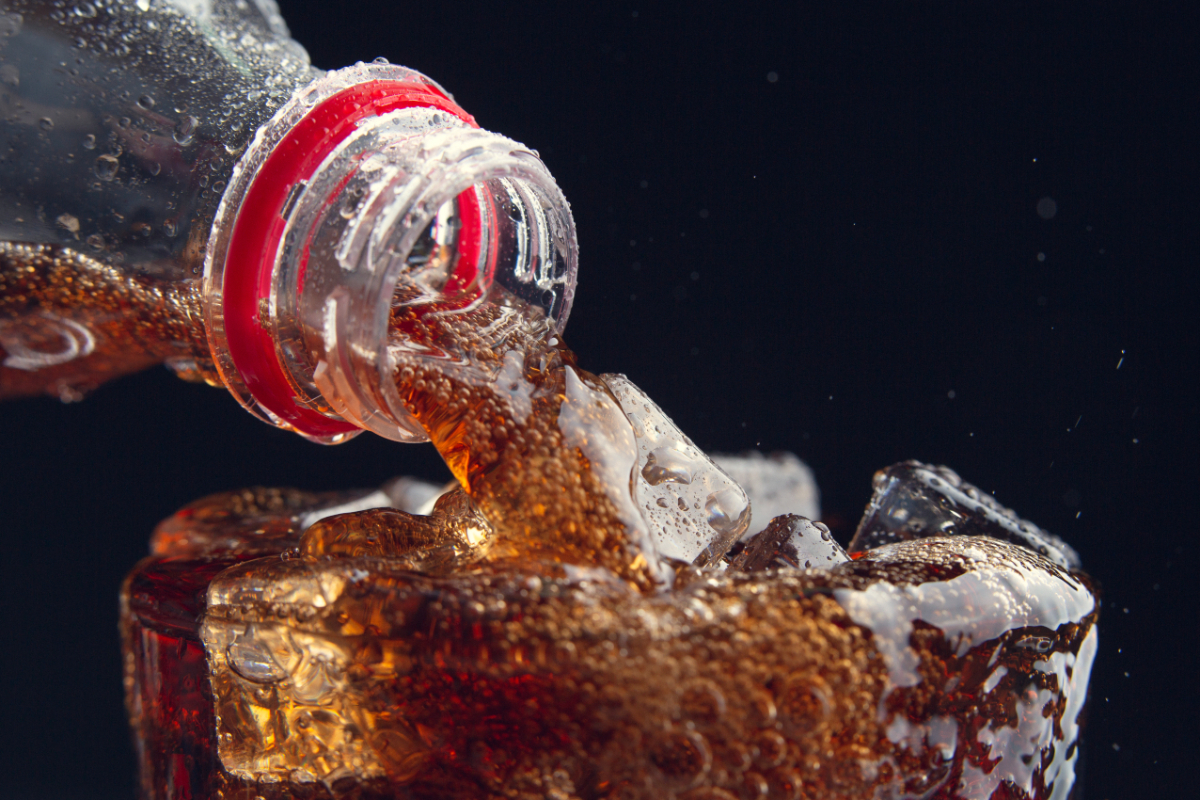This article looks at common problems your capper machine can face. Our comprehensive insights delve into troubleshooting techniques, preventive maintenance, and solutions to keep your capper machine running seamlessly.
Tipping Bottles
One problem that plagues many capper machines is the tipping of bottles. This issue occurs when your capper machine fails to secure the cap on the bottle right, leading to the bottle tipping over. Commonly, this is a result of incorrect alignment between the bottle and your capper machine. The application of excessive pressure on the cap could compel it to shove the bottle, resulting in the bottle tipping over.
Frequently, around 7 out of every 10 operator issues reports highlight bottle tipping as a significant issue. This problem can lead to decreased productivity and potential product wastage, and it may warrant undesired clean-up of both the machine and production line. To guarantee success in your capping process and avoid the tipping of bottles, it is vital to have an effective bottle positioning system.
This entails accurate adjustments of the machine components that grab and direct the bottle during the capping process. In this instance, precision is vital. Misalignment, even by a small margin can lead to a plethora of problems down the production line, so always ensure to rigorously check alignment before the capping process commences. Taking these measures saves time, effort, and financial resources, making sure your production process runs like clockwork.
Operating Speed Issues
One common issue that your capper machine can run into is challenges related to the operating speed. This difficulty might occur if the machine doesn't seal as effectively as it should or if it doesn't run smoothly when it's putting a cap on a bottle and sealing it.
It's important to address these issues as they can impact the quality of your product and the overall efficiency of your production line. When the capping machine doesn't put enough pressure on the cap or doesn't place it correctly on the bottle, it might not seal effectively.
This could lead to a risk of contamination, spoilage or even leakage of your product. Ensuring a smooth operation can prove to be a challenge, especially as you might be working with different sizes of caps and bottles.
It's essential to keep in mind that the capper machine needs to be adaptable and versatile to keep up with these demands.

One way to address the issue of operating speed is through regular machine calibration. This process of regularly adjusting and fine-tuning the machine ensures it performs at its best, particularly in delivering both speed and quality when applying caps. If this balance is achieved, it can significantly improve the machine's performance and the production line's output, contributing positively to the overall productivity and efficiency of your operations. Remember that the capper machine is a critical part of your bottling operation.
Regular checks, maintenance, and calibration are necessary to keep it in top shape and perform to the best of its ability. Resolving any issues promptly can prevent bigger problems down the line, saving your company time and resources. If you need expert help in addressing these issues, waiting times for assistance can be substantially reduced if you already have a reliable service provider. You can reach out to discuss your concerns and find solutions. Ensure your peace of mind knowing that your production line runs smoothly with a well-maintained capper machine.
Damaged Caps
Damaged caps are another significant issue that can plague your capper machine. A damaged cap not only appears unsightly but it also enhances the danger of product spoilage and decreased shelf-life. The root causes of damaged caps can widely vary from simple mishandling or improper alignment to the capper machine using excessive force. Understanding the importance of preventing damage is key to preserving the quality of your products and the reliability of your equipment.
Therefore, it's highly recommended to routinely inspect your machine so you're able to promptly spot any signs of wear and tear that may potentially result in cap damage. An often overlooked aspect is the storage of caps. The proper storage of caps plays a crucial role in ensuring that they remain in optimal condition before they are placed into the machine. Poor storage conditions or procedures can lead to unintentional damage to the caps, which would then translate to them being improperly sealed when they undergo the capping process.
In the endeavour to keep your production line running smoothly, taking good care and maintaining the health and functionality of your capper machine is essential. Ultimately, your end goal should always be to ensure the output of superior, high-quality products. By keeping an eye on the status of your machine, as well as properly handling and storing your caps, you can avoid common issues and subsequently improve the performance and durability of your capper machine.
Cross Threading
Cross-threading is a common problem seen in capping machines. This issue transpires when the threads of the cap and the bottle do not meet properly. This misalignment impedes the effective sealing of the cap on the bottle.
The aftermath of this issue can be severe, leading to the leakage of product. Not only does this result in the wastage of the product, but it also leads to a significant loss of time. The prevention of cross-threading necessitates maintaining the accuracy of the capper machine.
Ensuring the machine's precision is of utmost importance to prevent this issue. One should strive for optimal operational speed of the machine, as too fast or too slow can result in imprecise cap placement and inconsistencies.
Similarly, the placement of the cap also holds importance. It needs to fit in an exactly crucial position for correct threading to take place. A small deviation can lead to misalignment, causing cross-threading. To remedy cross-threading, the key is fine-tuning the capper machine.

Missing or Crooked Caps
It's important to understand that any piece of industrial machinery, including your capper machine, can experience issues or malfunctions. One of the most common problems that your capper machine could encounter is missing or crooked caps. This may sound simple, but the implications of these errors can create a ripple effect, causing disruption to your entire production line.
So, what do we mean when we speak about missing or crooked caps? Let's take a moment to delve deeper into these issues. When discussing missing caps, we're referring to incidents where the machine does not successfully place a cap onto a bottle as it should. There could be various reasons why this happens. Perhaps the cap has not been supplied correctly, or there could be a mechanical issue within the machine that prevents it from functioning correctly. The term 'crooked caps', on the other hand, refers to situations where the capper machine does position a cap onto a bottle, but not in the correct alignment.
Instead, the cap is askew, resulting in an improperly sealed bottle. This, too, could be due to a machine malfunction or possibly an error in the way the caps are fed into the machine. Whether it is missing caps, crooked caps, or both, these issues can be highly disruptive. They lead to incomplete or faulty products, meaning the affected bottles cannot be sold without being properly sealed. This results in a waste of resources and potential loss of profit for your business. Not only this, but time is of the essence in the production line. These errors can have an adverse effect on your production time, causing costly delays. The more time it takes to resolve these issues, the more your productivity levels may suffer.
Overall, the reliable operation of your capper machine is crucial in maintaining a smooth and efficient production line. The occurrence of missing or crooked caps can lead to significant challenges, affecting your output, your timelines, your profits, and ultimately your business success. Therefore, regular maintenance and checks of your capper machine are highly recommended to identify any potential issues early.
Are you looking for capping machines? Then call the experts at today. That’s not all, we undertake capping machine repair and sales. Get in touch with us if you have any queries.




